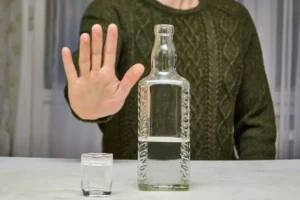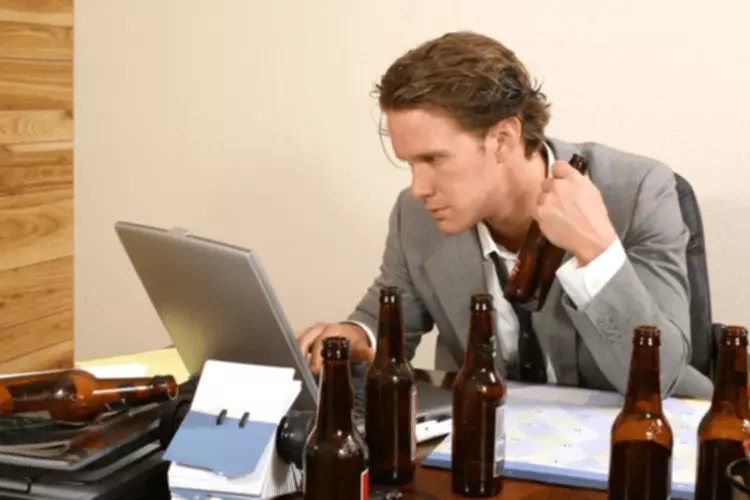
Flights, transfers &/or gratuities are not included, however. The key to vacationing sober means making your recovery the first priority. There are so many ways you can explore your destination without alcohol.
Maintain a Routine
Being mentally prepared for the transition back to routine can lessen the shock of re-entry. Acknowledging that adjusting might take a few days can make a world of difference. Vacations often come with their own stressors – navigating unfamiliar places, language barriers, and even the pressure to make the most out of our vacation time can leave us emotionally drained. I used to struggle with reality when I returned from holidays.

The Staycation
- However, planning a morning activity will give you focus and an excuse to head to bed at a reasonable hour if travel companions want to stay out late and party.
- Hooked, founded in 2021, offers alcohol-free travel that’s meant to inspire self-discovery through healthy hands-on experiences.
- Focus on this joy when cravings hit or the temptation to use increases.
- You can also think about the location and set-up of your destination.
Planning ahead will help you craft ways to avoid places and situations where you have to battle with yourself to remain sober. Knowing the atmosphere of the place you’re going to is also key to anticipating potential triggers. For example, what crowd usually frequents the hotel you’ve booked?
More Health:
In early recovery, it’s best to avoid risky situations or environments that may trigger drug or alcohol use. When planning a sober vacation, finding sober-friendly accommodations and activities can help you stay busy and away from substances. Research your destination and look for attractions, restaurants, or events that are substance-free or don’t focus on alcohol or substance use. Traveling on vacation can be incredibly stressful, including flight delays, tight schedules, or lost luggage.

A vacation might be used to get away from a lot of things, but it should not be used to get away from your recovery meetings. The support attached to these meetings is important to your continued vacationing in recovery sobriety. And more importantly, they can be found most anywhere you choose to travel. Alcoholics Anonymous even offers a directory of online meeting you can participate in while you travel.
- Relax in the hotel’s spa, visit an art gallery or go to a museum to enjoy local history.
- During her time leading the programming team, she brought efficiency and added structure to Onsite programs.
- Know when and how to leave a situation that challenges your sobriety and have your own key to the place you’re staying.
- If you’re up to it, consider venturing out of your comfort zone a bit and indulge in new, healthy experiences.
Exploring historical landmarks, museums, cultural sites, outdoor activities, or wellness retreats offers an enriching experience and is typically substance-free. Sobriety requires resilience and the ability to cope and fight off triggers when faced with them. Traveling to specific destinations, especially those that glorify partying and heavy alcohol consumption, can be risky for individuals in recovery.

Planning a Sober Vacation? First, 7 Essential Tips
- Our Treatment Advisors are available 24 hours a day to help you or a loved one access care.
- Practice self-care—In addition to exercise, make sure that you get plenty of sleep and eat well.
- Other certifications include; Trauma-focused Cognitive Behavioral Therapy, Suicide Prevention, Nonviolent Crisis Intervention, and as a Domestic Violence and Sexual Assault Victim Advocate.
- In early sobriety, it was really important for me to stick to my morning rituals and alcohol-free nighttime routines, even on vacation.
- Some destinations you may want to avoid your sober summer vacation are areas well known for their party culture such as Las Vegas, Cancun, and Amsterdam.
Terror strikes at your very core and you immediately begin to worry about how you will survive your first vacation as a sober woman. To be out of your comfort zone at a beach, on a ski slope, at your in-laws makes you feel shaky. The worst place of all is being stuck in an airport where concourses are lined with bars, duty-free liquor and stress. On the other hand, some people aren’t the right travel companions for me, and that’s okay!

Start by resetting your sleep schedule to align with your usual way. This might require going to bed and waking up earlier than you did on vacation. Keeping yourself hydrated and getting enough rest during the vacation helps maintain your energy levels and reduces the risk of returning home feeling depleted. Practicing gratitude during your vacation can enhance your overall experience. Reflect on what you enjoy and savor these moments, which can boost your mood and overall well-being. Toward the end of your vacation, start shifting your mindset to prepare for your return.
- Instead of sitting at the swim up bar, I play volleyball in the pool.
- For example, you could clarify that you won’t raft/rock climb/zipline with someone who is intoxicated.
- Before you go on the road, figure out how you will create a safe environment for yourself on your travel.
- If recovery meetings aren’t meeting in person, you can find a recovery meeting online multiple times during the day, from any device.
